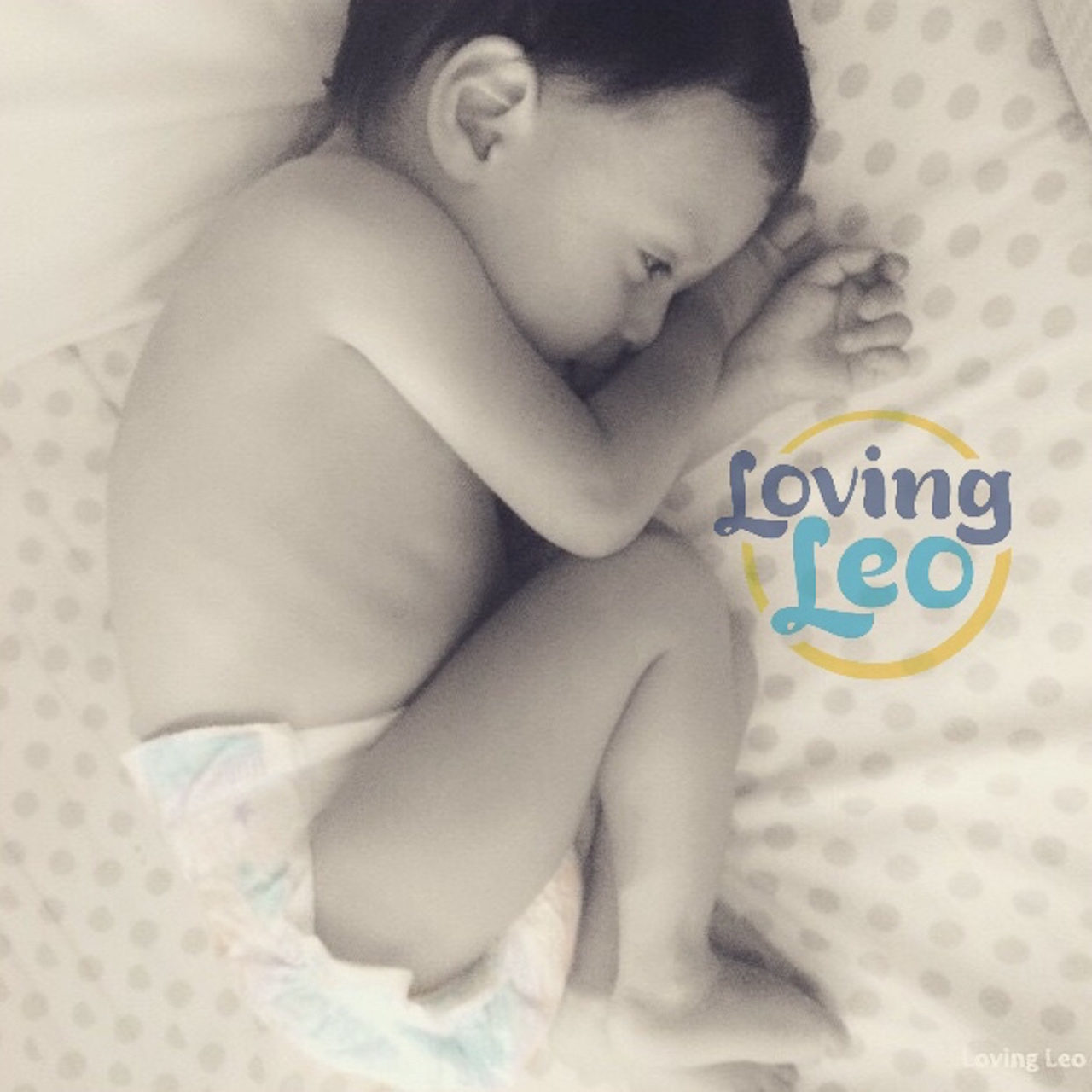“We don’t need to just stop this wheel, but brake this wheel.” – Daenerys Targaryen, “Game of Thrones”
Tick tock, tick tock! A life of waiting yet a rare sight: an incredibly patient stare from a 3-year-old. Just as rare as his rare disease. At 3 years old he waits for us. He only knows the dreadful wait. He waits to eat and to move, to grab a toy and take a bath, to get in and out of bed, to watch TV. There is no choice for him but to wait. At this age our other children were flying without brakes, without strings to hold them down. They jumped, explored, and created, what we now consider, blessed chaos around the house. But Leo must play the seemingly never-ending waiting game.
From the time he gave his first breath and promptly failed the hearing test, he has waited. He was tested again and again. Waiting rooms have been his outings. He has been poked, anesthetized, x-rayed, scanned and searched deep inside his genes for answers. Though his body screamed at us that something was not right, it was silence that spoke to us. With the passing of time we understood he had unwillingly become the main contestant in a waiting game. In fact, we all became reluctant participants. In this game he doesn’t yet have the chance to get ahead without us. He must rely on his community to advocate for him. Parents, siblings, cousins, uncles, friends, neighbors, doctors, and researchers all play a part in advancing the wheel to get closer to solving the rare but fundamental ailment against one of our own.
This is a game of stamina, acumen, love and determination. It is one of patience, endurance, and sacrifice. We help our son spin that wheel of fortunes, and in every turn we do not know what we will get. Though this wheel has been turning for over a century for his condition, Pelizaeus-Merzbacher disease (PMD), we rarely seem to fall outside the lose-a-turn or bankrupt wedges. We are in the rarest of the rare communities, and for us, spinning a wheel feels like a losing proposition. We are but one in a sea of many other life-threatening conditions. We all hunger for attention. We squeal and wail and hoot and shriek to the bartender to quench our thirst. To pour a shot of life. Some rare diseases have successfully broken the wheel through social media using viral videos, emotional campaigns, and storytelling. The world has embraced their cause and have gotten closer to a cure. What is their secret to crushing the wheel and have the world take notice and help?
In this waiting game, we long for time to stand still. Our friend and our foe. We are ready to put in a lifelong fight for him to heal, but deep down we know it is out of our hands. Money cannot buy time, so we endure and enjoy the moments. Money cannot slow time, so we ignore it as best we can. Yet money could help counterbalance time by speeding up research, drugs and trials. We seek it through bake sales, golf tournaments, and local awareness campaigns. We move the needle ever so slowly while we feed from the generous donations of fortunate souls and drink from the embrace of the kindhearted.

Most times it feels we are the forgotten. The ones at the bottom of the food chain. There is no allocation of funds for our cause by government agencies. Nonprofits like Global Genes have arrived to support us in the rare spectrum, to fill the void, and that’s our start. While we wait for the world to take notice, we continue to play the wheel. Hope is and will always be our currency. And at the end we are left clamoring that every life matters, including the rare ones, including our son’s.
We want to hear your story. Become a Mighty contributor here.

